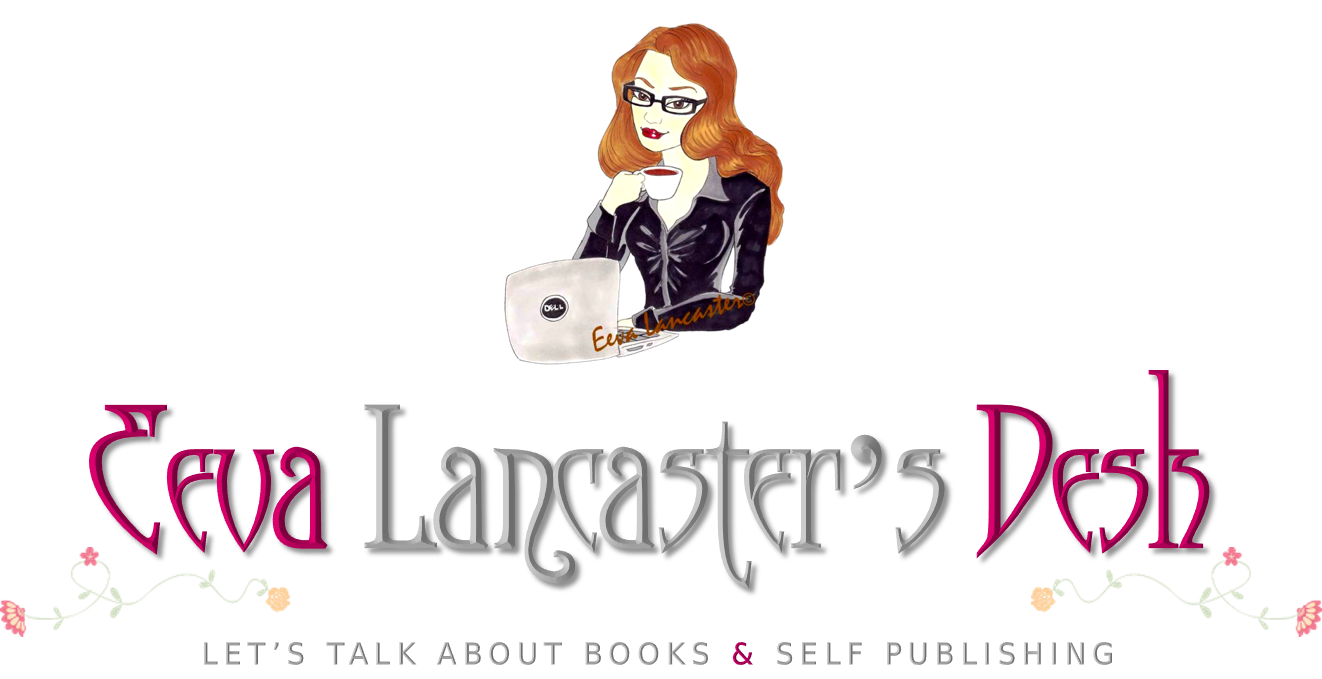It's like a guide which adds more emotion, improves the rhythm of sentences, and clarifies what we mean.
Do you remember reading and you had to repeat the sentence cause you didn't quite get what it meant cause it ran on and on like this without pause since the writer didn't put a comma and you had to analyze what was being said?
or
The writer overused the comma, and conjoined several trains of thought, in one dreadful run-on sentence, like this, even though it is quite clear that a period is due, and knowing that there's no penalty for using a period and starting a new sentence.
Some writers, when I ask why they don't use periods, say that their writing groups advised them that short sentences are not nice. I agree with that if you have short, consecutive sentences.
Like this:
She went out the door. She was shocked. Someone was waiting for her. He had a gun. It was pointed at her. She ran.
Sounds like Dick and Jane, right? Maybe, a children's book? But would you believe that there's one fiction book I know that's written this way, and the writing advise also came from a writing group.
So, in order to avoid this, some use commas this way:
She went out the door, she was shocked, someone was waiting for her, he had a gun, it was pointed at her, she ran.
Of course there are several ways to rewrite this, like:
She went out the door, and she was shocked to see someone waiting for her. He had a gun pointed in her direction. She ran.
The point is, commas shouldn't be used to extend a short sentence. Rewrite if you must, to improve the rhythm and balance of sentences in the paragraph.
Don't make it sound like a children's book, but don't make it sound like Nicki Minaj's rap song Super Bass either.
Allow your reader to appreciate your words more by telling them when to pause, and take a breath, or absorb a detail the way you want them to.
Your use of commas greatly influence the tone of your book, and the proper use of this beautiful, curvy symbol, makes a book highly readable.
Related Reading:




No comments:
Post a Comment
I'd love to hear from you!